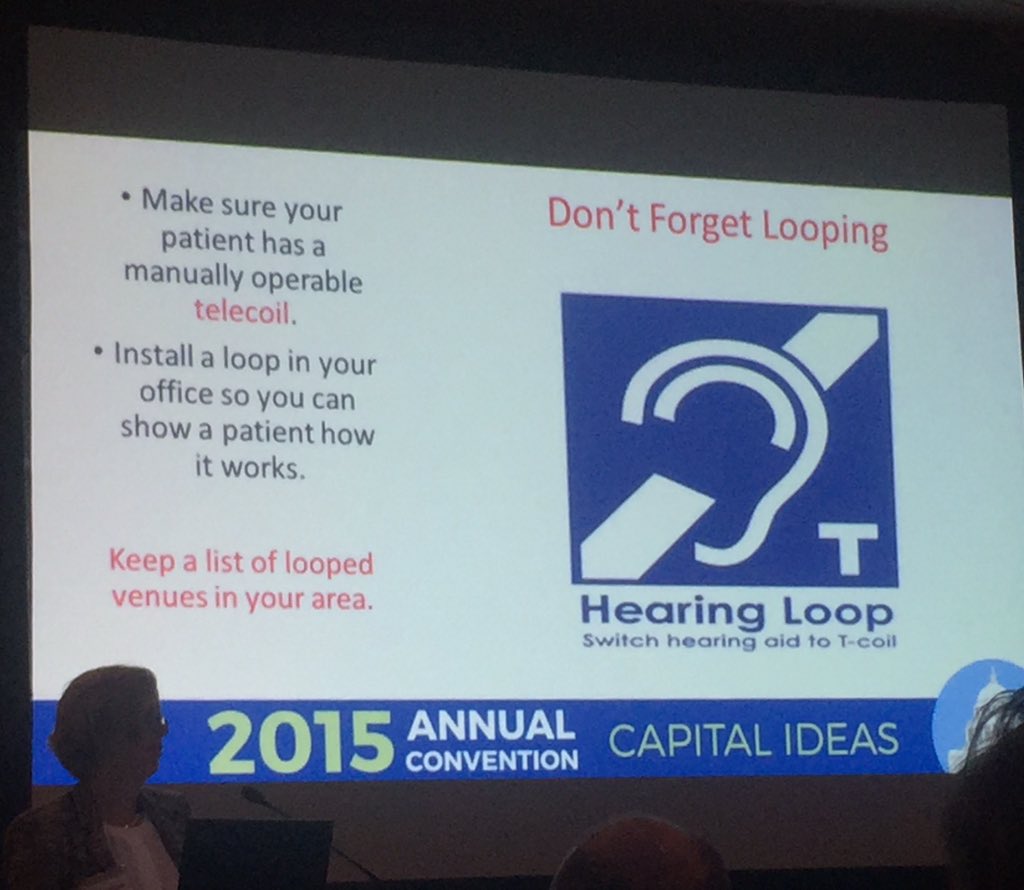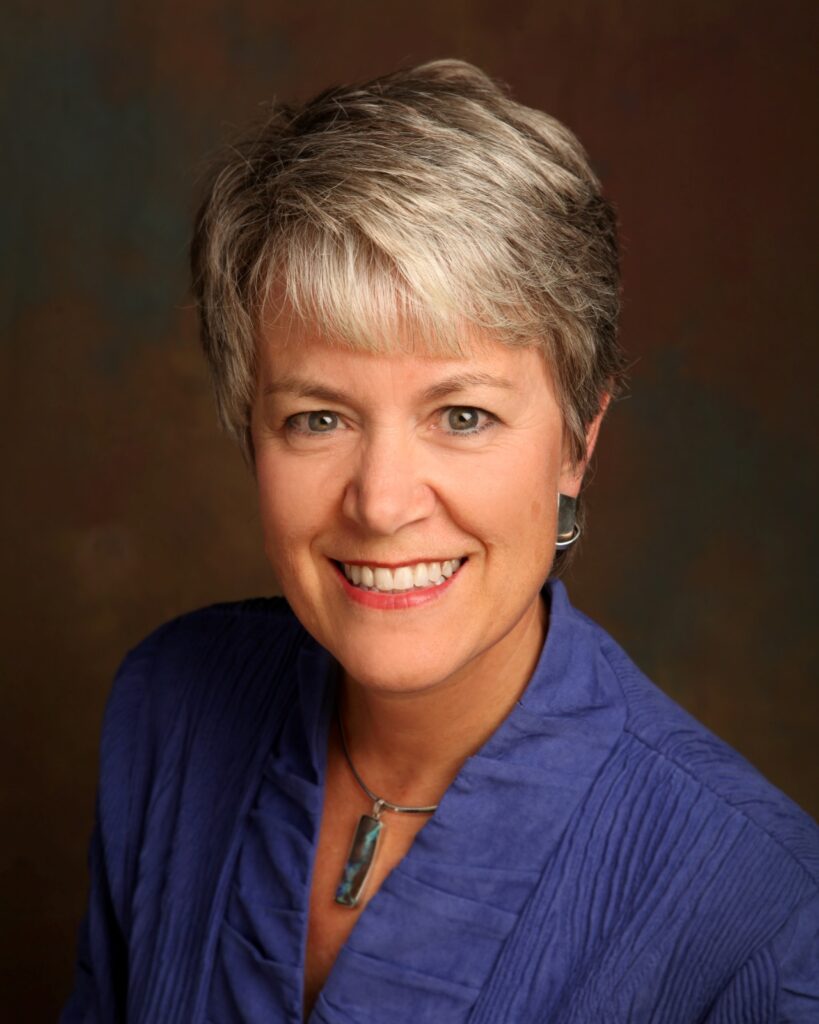
Ready to buy hearing aids? Be sure your provider educates you about the telecoil
Consumers with hearing loss around the country should be interested in bills introduced in New Mexico (Senate Bill SB70 and House Bill HB70) that would mandate hearing care providers educate potential hearing aid purchasers on the information offered to allow the client to make an informed decision as to what hearing aid device to purchase.
These bills are being demanded by educated consumers who, once they find out how telecoils are essential to hear in public venues equipped with assistive listening systems mandated by the ADA, are upset they were not told about the telecoil when they first consulted their audiologist or hearing aid dispenser.

Some hearing care professionals label telecoils as “old” or analog technology and mention only Bluetooth technology. Yet, once these consumers become educated, they perceive their hearing care provider as only out to sell hearing aids, and not feel responsible or be concerned about the well being and overall functioning of their clients in public venues.
Hearing Loops are amazingly beneficial to consumers. This was demonstrated in a recent survey published in Hearing Review where 866 people were asked to rate the performance of their hearing aids or cochlear implants using a 10-point scale. The average response was 4.9 in a non-looped setting and 8.7 in a looped environment.
Until a newer universal, easy to use, good sounding, and affordable assistive listening technology becomes available around the country (and the world for that matter) telecoil technology will continue to be used as the universal technology that allows consumers access to important information and speech in places where hearing aids and cochlear implants are unable to deliver. Loop technology is widely used in Europe (in taxi cabs, theaters, opera houses, ticket windows, trains and airports) and thanks to Dr. Dave Myers’and many other advocates’, efforts are spreading in the USA www.hearingloop.org. Please note that these efforts are not for hearing loops perse, but for directly hearing aid compatible assistive technology.
Hearing Loss Association of America members (www.hearingloss.org) who run volunteer consumer support groups around the country find time and time again that:
- Telecoils are not activated (how does a provider know that a client will not travel to places that offer loops, attend a looped Broadway theater or be present in a looped church for a wedding and could have benefited from an activated telecoil?)
- Consumers were dissuaded to purchase a hearing aid with a telecoil
- Few providers offer a hearing loop in their waiting room (or a neck loop connected to a Pocketalker) to demonstrate the benefits of the telecoil or make it part of their ROUTINE counseling practice.
- Even fewer providers have ever listened to assistive devices themselves or used a hearing loop in a public venue.
It is educated and passionate consumers who are now pushing for these consumer protection laws. Yet, some hearing care providers as well as professional organizations are working against them. In New Mexico for example the New Mexico Speech Language and Hearing Association professionals are using arguments that people with severe to profound hearing losses do not benefit from the technology, hearing loops are not available to the user or that alternative technologies could be more effective. Perhaps they didn’t read the Hearing Review study. Imagine being sold a car but never been told it comes equipped with a headlight switch that allows driving in the dark?
Hearing impaired consumers need protection alright – protection from providers who do not educate consumers when they are making a very costly purchase.
Given the gravity of the needs of people with hearing loss and having personally seen thousands of consumers react with joy about the benefits of a simple telecoil in a hearing loop I would think providers and the hearing industry should jump on the opportunity to put hearing aids in a good light to give clients understanding in places where they know hearing aids and implants are unable to deliver. Some proactive hearing aid manufacturers such as Unitron already have.
If you are a consumer, please join the grassroots hearing loop movement and invite your hearing care professional to get with our efforts to “Loop America”. Tell your provider it will change the way they practice hearing health care, that their efforts will result in delighted clients and that they will benefit professionally in the process.
Send your audiologist/hearing care provider to www.loopwisconsin.com, suggest they watch this webinar or better yet – give them my email address jsterkens@new.rr.com and I will contact them and offer my personal and practical support.





